If you were worried about single-use plastics adding to environmental hazards, worry no more, as Yash Papers has found an alternative, Chuk, a brand of compostable tableware made from sugarcane bagasse. Dibyajyoti Sarma gets the details from Ved Krishna, head of strategy, Yash Papers
They say necessity is the mother of invention. Sometime invention can happen if you are willing to do the right thing, especially for Mother Nature.
This is how Faizabad, UP-based Yash Papers, a pulp and paper manufacturing company, came to manufacture a brand of tableware from sugarcane bagasse. Ved Krishna, head of the strategy, Yash Papers, explains, “We are deeply troubled by the damage we inflict on our planet through the indiscriminate disposal of single-use plastics. Our organisation has taken upon itself the task of creating products that would lead to the reduction of this damage. We work on two segments, namely, bags and moulding, the raw material for both of which is being supplied by the plastic industry.”
The R&D team of Yash Papers has been working towards finding alternative sources for both bags and moulding and finally managed to commercialise the use of alternative raw material for moulding.
And understandably, it was a long and arduous journey. It took over eight years and various collaborations and technical partnerships from across the world.
The end result is Chuk.
Disposing waste responsibly
Chuk is a brand of compostable tableware manufactured by Yash Papers. Chuk stands for disposing of waste in a responsible way. “The new compostable tableware products are made from sugarcane waste called bagasse, a renewable source, which is generated after sugarcane stalks are crushed to extract the juice,” Krishna says.
Bagasse pulp makes products lightweight for ease in handling, flexible to protect from damage, and strong to prevent spillage and also makes them suitable for use in microwave ovens to heat food.
“Chuk products are also 100% compostable and decompose within months in backyard compostable systems,” Krishna says, adding, “The products are meant for single use.”
The company is initially selling the product B2B and they would be available to customers through food service by QSRs and institutions.
According to Krishna, what makes these products attractive is not only they are environment-friendly, they are also price competitive. “We have been completely overwhelmed by the initial response. It is truly humbling. It feels like people were just waiting to find an alternate solution. The reality will be clearer as we begin to shift products and engage with customers. I am sure we will face our set of obstacles and work on overcoming them,” he adds.
Krishna says the Chuk range of products is completely aligned with the company’s vision as it works on providing an alternative to Styrofoam, which is noxious both for the earth as well as our health. “We have kept in mind the customers' point of view, specially the pricing while making the product. The products range from the price range of Rs 1 to Rs 7 which is the maximum. We want customers to switch to biodegradable products which are safer to use and dispose of,” he adds.
Talking about the market, product design too plays an important role, and Yash knows this. Thus, this tableware range made of sugarcane bagasse looks and feels very different. Krishna says the idea of designing the products in a different shape, square instead of traditional round cutlery was to fit them inside each other like Lego pieces so that they can be used for multiple uses. “Our products are not only fine in quality but special attention has been paid to the design and finish of the products,” he adds.
Focused on sustainability
So, Yash Papers is mainly a paper manufacturer. How does this tableware business fit into the company’s overall vision?
Krishna explains, “Our vision is not only to build a profitable business but also to leave behind a cleaner planet as we build a sustainable business. We do not want to just focus on short-term goals. We also want to educate the community on the importance of being environmentally responsible in a fun and friendly way. As a company, we are strongly committed to raising awareness against the use of plastics and the harm it causes to the ecosystem. Being in the paper industry, we understood the market and had access to the suitable raw material. So it was ideal for us to venture into manufacturing compostable tableware.”
Yash Papers was established by entrepreneur KK Jhunjhunwala in Faizabad, Uttar Pradesh in 1981. The company’s core business is manufacturing machine glazed varieties of wrapping papers and has grown into the largest manufacturer of wrapping grades in India.
It also manufactures specialty food and pharma grades of paper, which is supplied to food chains like McDonalds, KFC, CCD, Unilever, etc.
So, when it came to the Chuck range of tableware, the company knew what to do and went in for various certifications apart from standards. “The facility itself is designed to be food compliant. Testing has been completed for FDA. We are undergoing tests for compostability apart from the adhering to the highest standards of ISO,” Krishna explains.
As for himself as the head of strategy, Krishna defines his purpose as ‘establishing a great organisation that leave people and places better than it found.’ For him, one of the important goals of the company is to use business for the betterment of society. Prior to taking the current charge, Krishna contributed towards the expansion of the organisation as the managing director, driving its growth over three times, raising capital and establishing many new projects.
Green manufacturing
Talking about compostability, green production is at the centre of Yash Papers manufacturing process. The company has a zero emission plant and now it is also working on producing power from rice husk.
“We recover 95% of our cooking chemicals,” Krishna says. “We are completely self-sufficient for our energy needs. We manufacture our entire electricity through biomass majority of which is rice husk. We work on various R&D projects to generate wealth through our waste. We feel strongly that each material can be upcycled. We just have to find the solution. We also continuously work on reducing our footprint by working on reducing our consumption levels of water, energy and steam. There is a long way to go but we will keep striving and trying.
And this agenda of going green is not some publicity stunt, but a deep-held belief. “The shift is mainly internal. We don’t look for external kudos. Our effort towards the earth is enough joy for us,” Krishna explains.
Road ahead
In the next step, Krishna says, the company will keep expanding the range of products and improve on the efficacy of the current products. “We have developed a rapid development cycle for products based on 3D printing and quick tooling. We are able to go from scratch to production within 100 days. We have an excellent team of designers who work upon finding solutions all the time. We are sure the market will see a lot of innovations coming from us,” he adds.
On the innovation front, Yash Papers is now looking at its other major vertical, bags. “We are focusing on building solutions for bags. There is a lot to achieve in strength properties with lower grammage along with stretchability and barrier. We are in the middle of technological tie-ups and are setting up our own innovation in Singapore. We will be finding interesting solutions in the coming times,” he concludes.





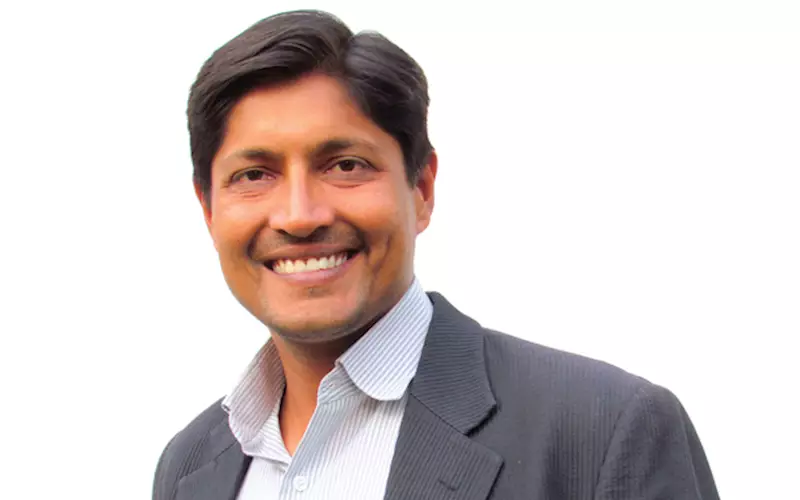
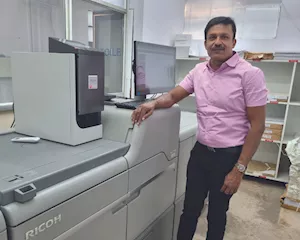
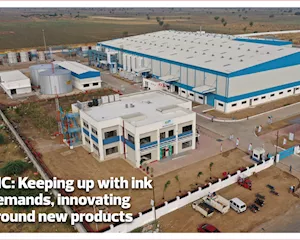
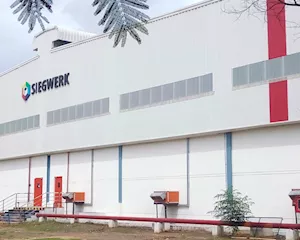
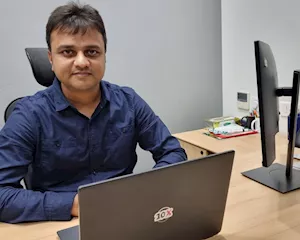
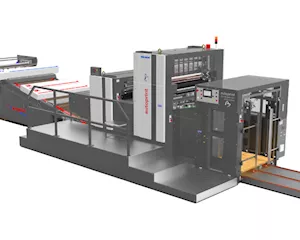






 See All
See All